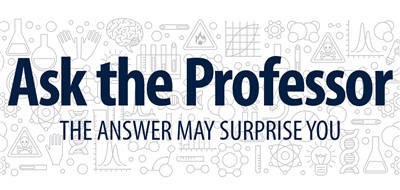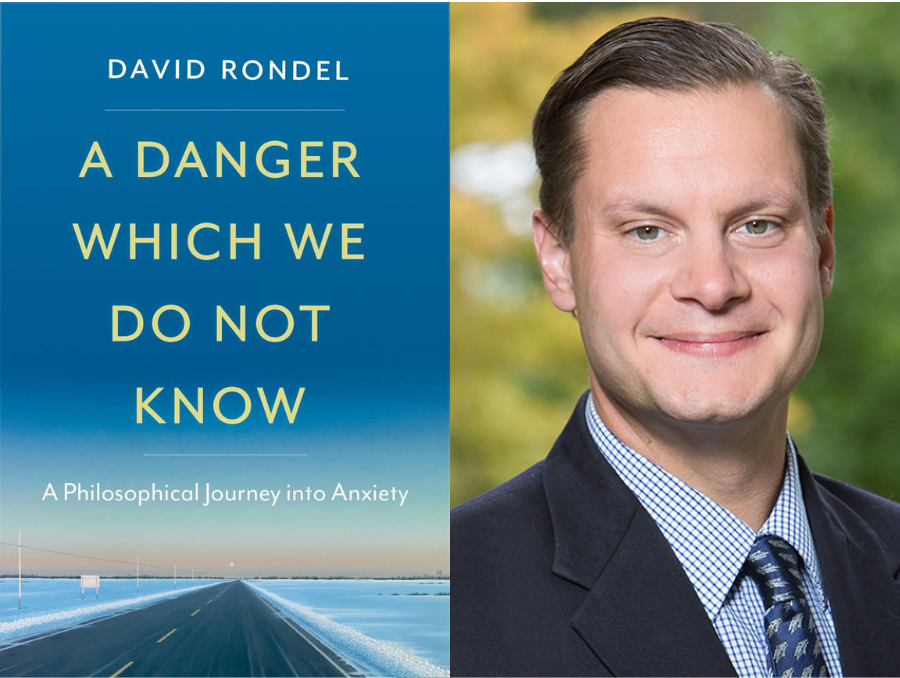
Anxiety is the most prevalent mental health problem in the world today. The Institute for Health Metrics and Evaluation estimates that, globally, 284 million people had an anxiety disorder as of 2017 (a number that is believed to have skyrocketed during and after the Covid-19 pandemic). It’s been suggested that a whopping 30% of us are contending with an anxiety disorder of some variety.
Not all anxiety is pathological or disordered, however the term “anxiety” is frequently used to name an ordinary human emotion, as commonly felt in everyday life as happiness, sadness or anger. The emotion of anxiety evolved in human beings for good reason and it’s not particularly difficult to see how and why it can be beneficial for us. Anxiety helped our human ancestors stay alert to the dangers of predators, poisonous substances, carriers of disease and behaviors that could lead to social ostracization. When appropriately placed and not so severe as to be debilitating, the emotion of anxiety continues to help us more safely navigate a world rife with uncertainty and danger. It lets us know when our safety is under threat and can serve as a useful signal that something important requires our attention or action.
Anxiety is normally thought of as an emotion that gets in the way of clear and accurate thinking. However, as numerous philosophers and psychologists point out, under the right conditions, anxiety can help us become better, more careful inquirers. When it is felt to the appropriate degree and informed by the right motives, anxiety is an emotion that contributes to a number of important intellectual virtues (such as inquisitiveness and scrutiny, for instance).
The emotion of anxiety might also be valuable for us as moral agents. It’s extremely common for people to feel anxious in the face of a new or difficult moral situation, which then prompts them to inquire, reflect and deliberate about what the morally right thing to do in that situation is.
As those of us who struggle with it know all too well, anxiety can be the cause of terrible pain and suffering. At its worst, anxiety shrinks its sufferer’s world, robbing them of the freedom to do certain things and to go certain places. Suffering with anxiety can be extremely unpleasant, which helps explain why human beings have a tendency to avoid or flee from anxious feelings.
“Anxiety can contrive a hundred evasions,” wrote the great Danish existentialist philosopher, Søren Kierkegaard. It's perfectly understandable that people want reprieve from the pain anxiety causes. But it pays to remember that anxiety is a vital evolutionary legacy and that none of us would likely be here today if our human ancestors weren’t responsive to the warning bells the emotion of anxiety rings. When properly placed and not overly severe, anxiety continues to keep us vigilantly on our toes and remains useful for us in a wide array of practical, social, moral and epistemic contexts.
About the professor
David Rondel is professor and chair of the Department of Philosophy within the College of Liberal Arts, at the University of Nevada, Reno. His areas of research specialization include political and legal philosophy, American pragmatism, moral psychology and the philosophy of emotion. His most recent book, A Danger Which We Do Not Know: A Philosophical Journey into Anxiety, explores some of the many connections between anxiety and philosophy.
















